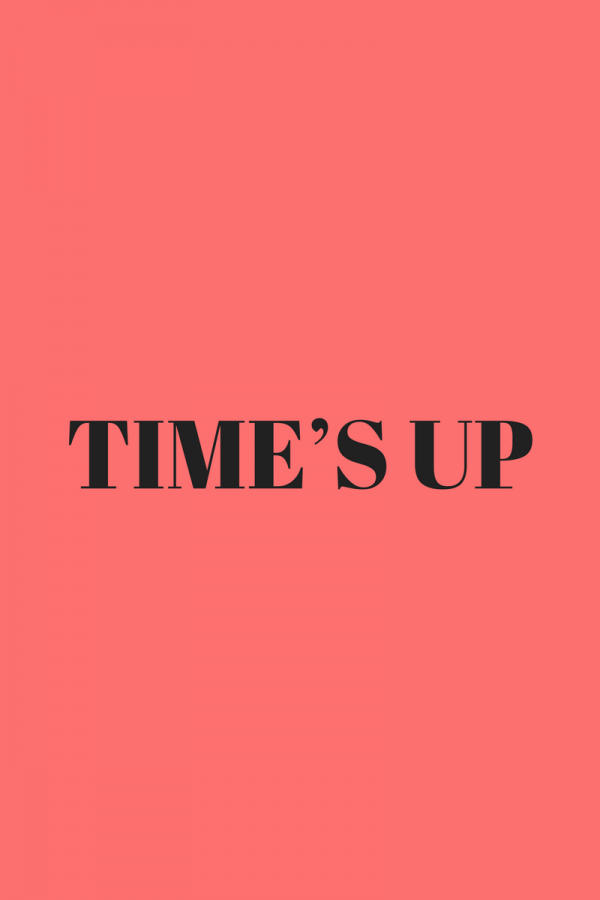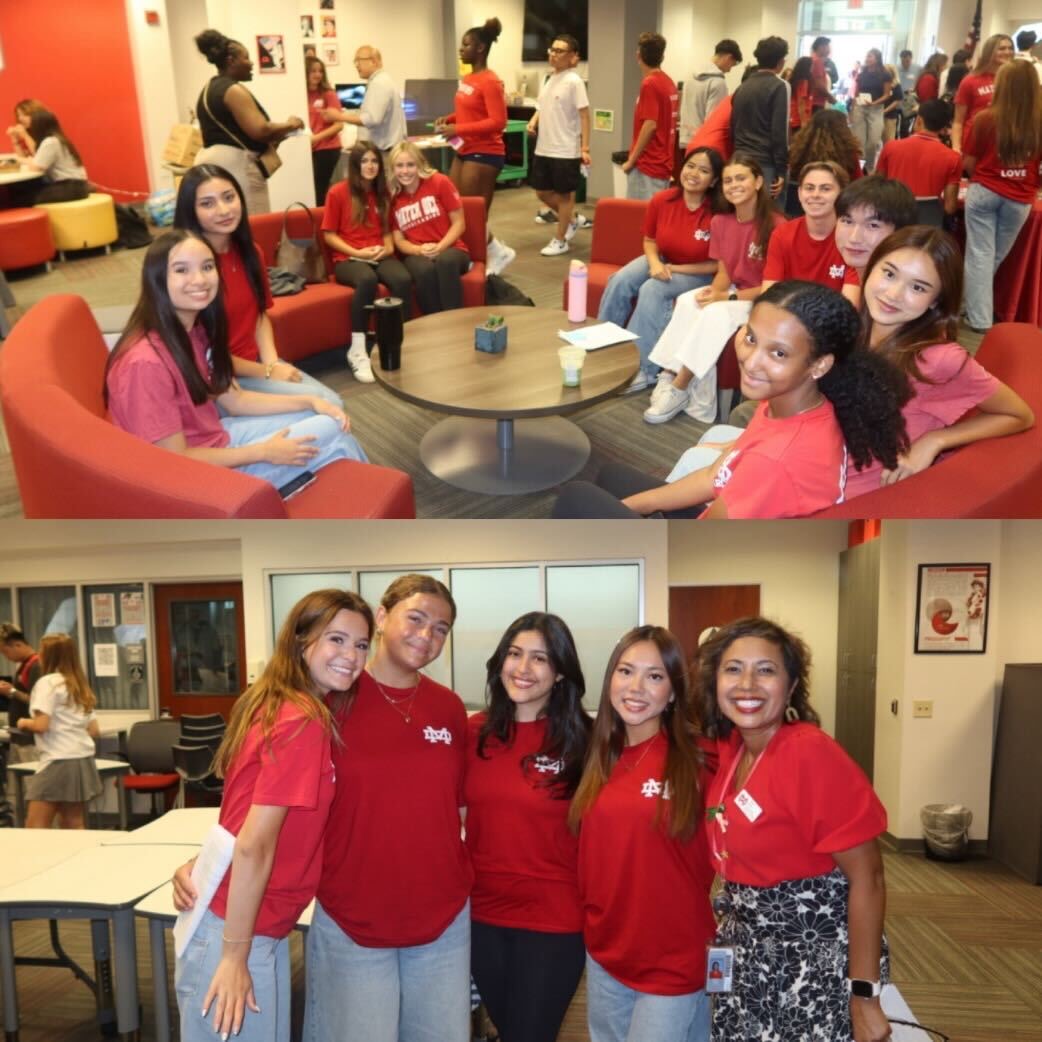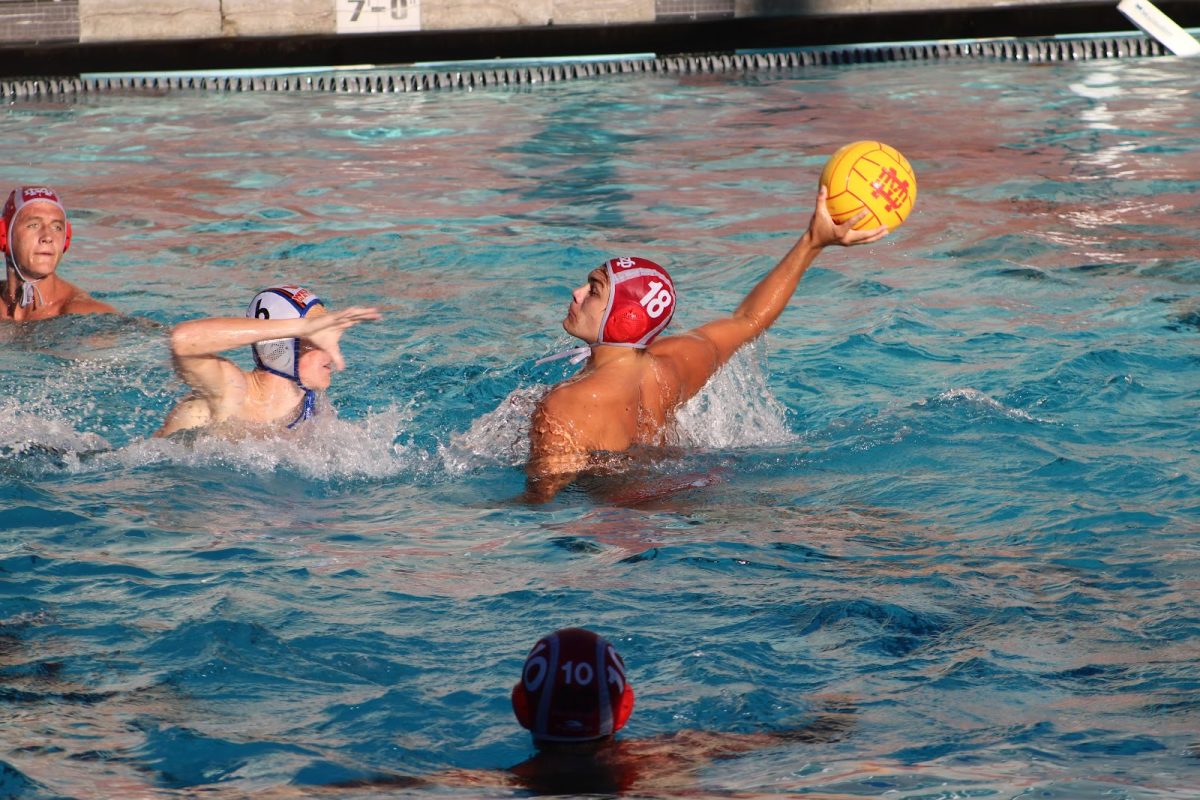The clock is running out on women inequality
April 10, 2018
Dressed in black and promoting the hashtag #TimesUp, Hollywood stars used the 75th annual Golden Globe Awards on Jan. 8 to promote change for treatment of women in the entertainment business along with women everywhere.
“No more silence. No more waiting. No more tolerance for discrimination, harassment or abuse.” is the slogan for the “Time’s Up” movement, which was officially started by a group of Hollywood celebrities January 1 in order to bring awareness to the inequalities and injustices that female victims of sexual assault, harassment, and exploitation experience every day. More than 19,600 people have donated to the Time’s Up legal defense fund, which has so far raised more than $21 million through GoFundMe to fight for those who have experienced any sort of provocation. The money raised will provide subsidized legal support to women and men who have experienced sexual harassment, assault, or abuse in the workplace and while in pursuit of their careers.
Wearing the color black represents solidarity, unity, and power. The campaign to put an end to misconduct in entertainment began with a letter signed by hundreds of women involved in Hollywood and a full page ad in the New York Times.
“I think [the Time’s Up movement] is a great opportunity to take to fight for what is right, especially in cases of inequality that a lot of women experience,” freshman Sophia Osmena said.
Older women are not the only ones experiencing harassment in a work environment; teens can experience harassment at school as well, whether it be from name calling to unwanted touching or behavior. According to AAUW, 8 out of 10 will experience this at some point in their school lives, and roughly 25 percent will experience this often.
“These very public steps in unifying people of different backgrounds, ethnicities, and gender is beautiful and will hopefully encourage women to step forward and say enough,” junior Nikko Guerra said.
Studies by RAINN show that women ages 12-34 are at the highest risk years for crimes of sexual violence. In addition, females ages 16-19 are four times more likely than the general population to be victims of sexual assault.
“I believe this is a powerful movement that is way overdue,” junior Kaitlyn Vazquez said. “I am proud of the strong women who have come together to show us young women that sexual harassment or any harassment is wrong and we should not allow it.”
Only about 31 percent of teen sexual abuse incidents are reported based on the TeenHelp studies. Fear of being bullied and not being believed for telling the truth are often common factors for not reporting the incident. Also, another factor is that the perpetrator could have a low probability to be arrested. When sexual abuse is reported, the probability that an arrest will be made is about 51 percent.
“The clock has run out on sexual assault, harassment and inequality in the workplace,” the Time’s Up movement declares. “It’s time to do something about it.”
If you or someone you know has been sexually assaulted, seek help by calling the National Sexual Assault Hotline at 800-656-HOPE (4673).









